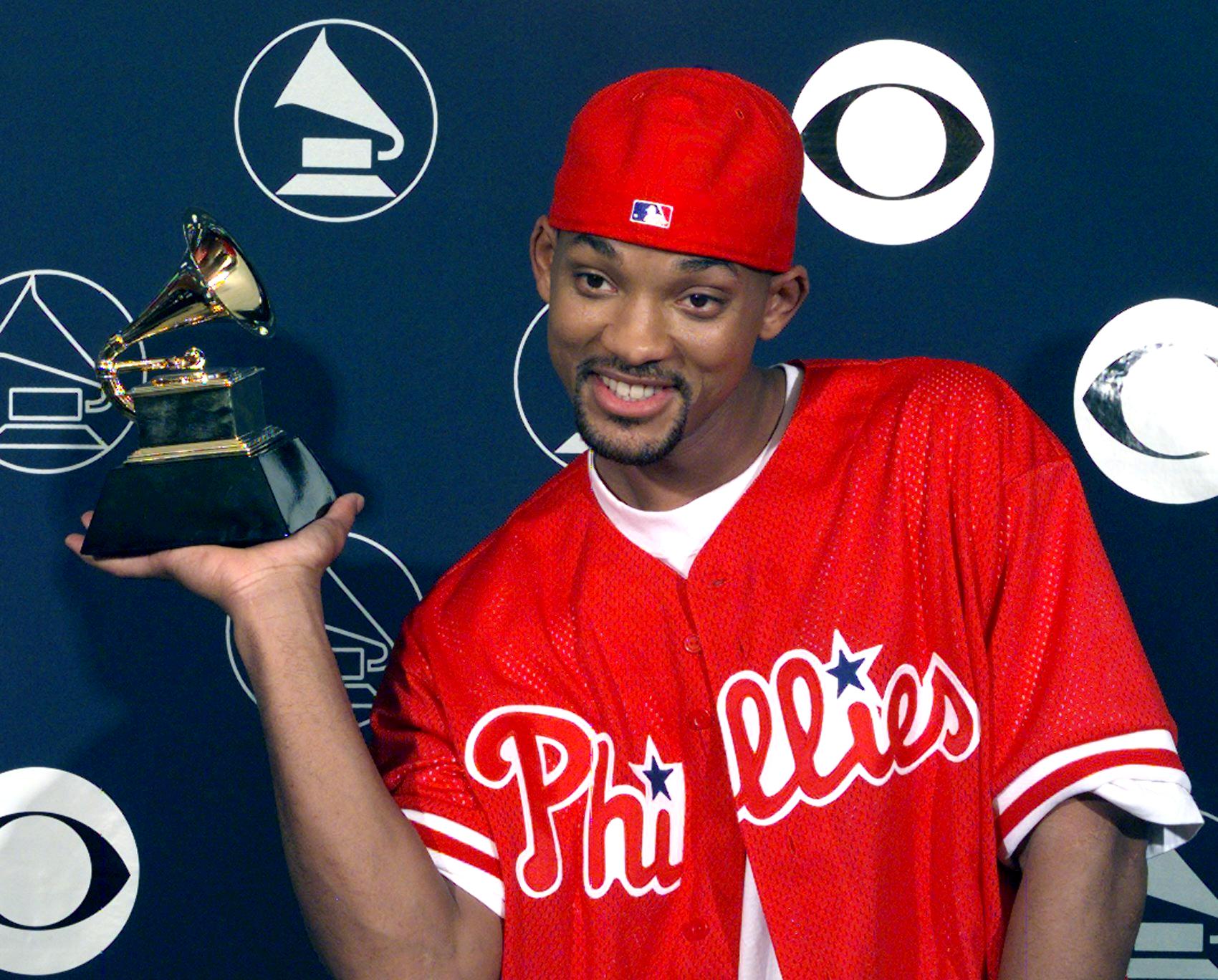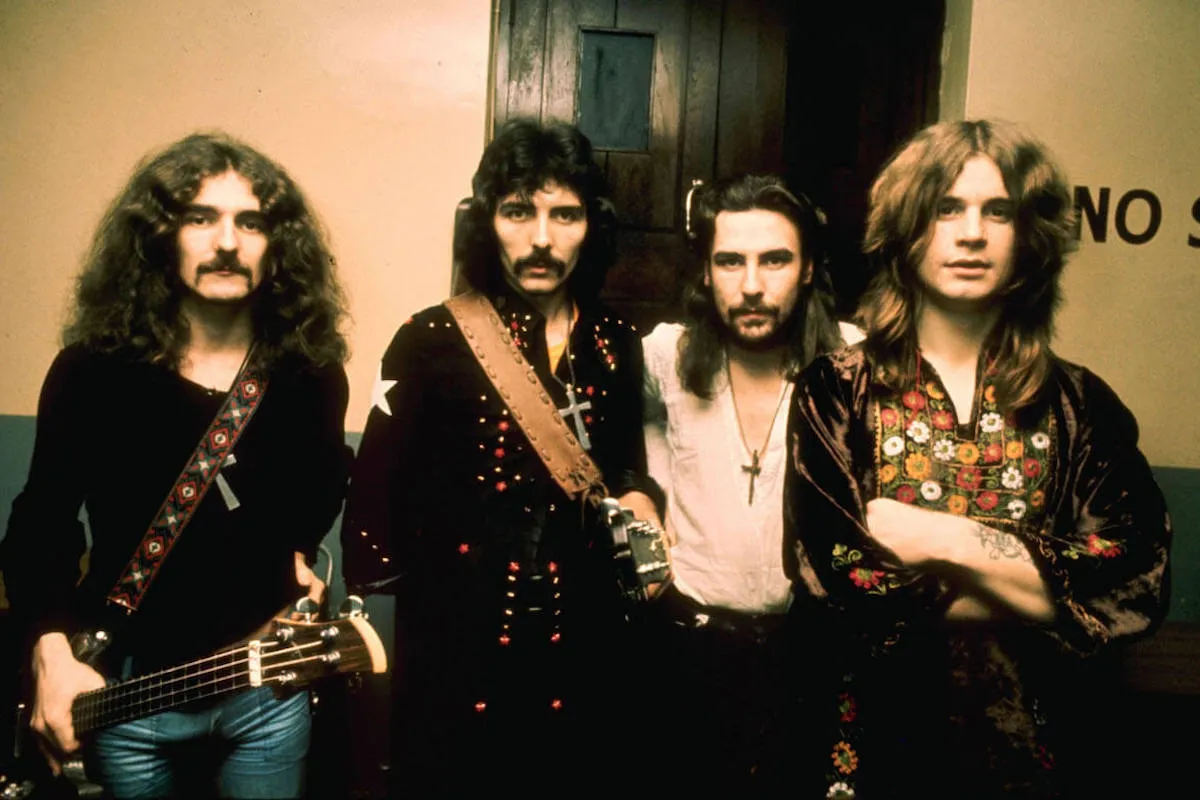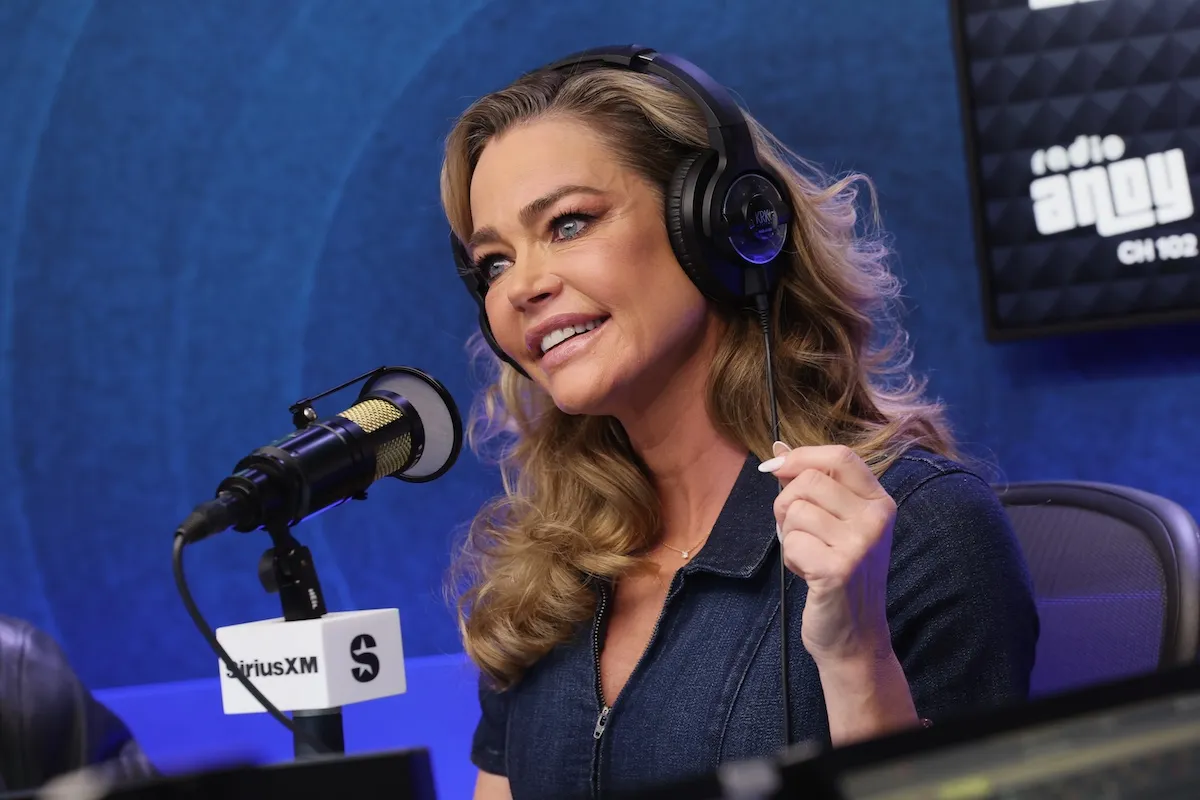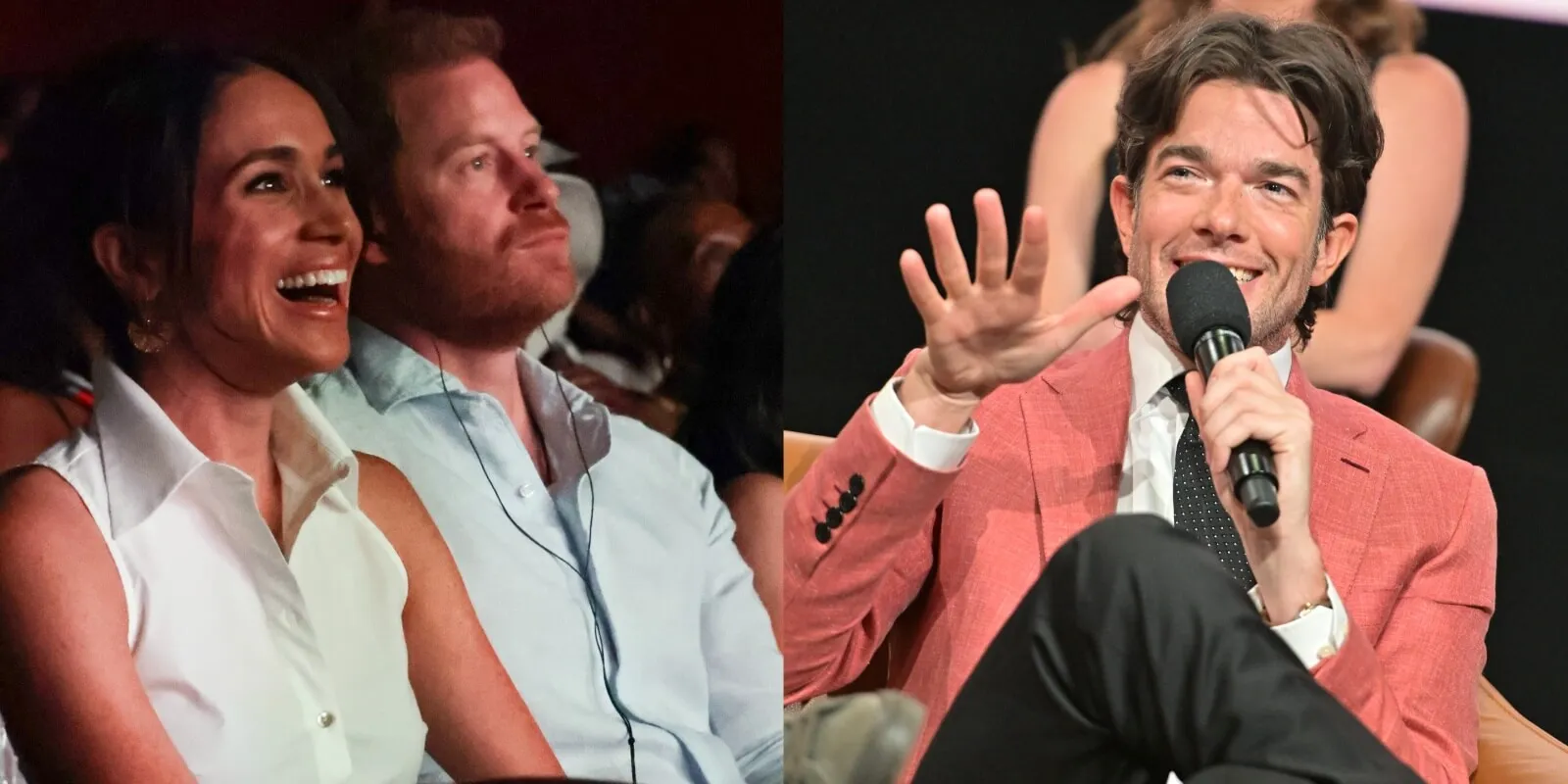Will Smith Is Responsible for Ending This Hotel Chain’s Discrimination Against Rap Artists
DJ Jazzy Jeff and the Fresh Prince were trailblazers in the world of hip-hop music. They won the first ever Grammy for rap, but Will Smith boycotted the ceremony because the rap categories weren’t televised. Smith shared other groundbreaking moments in his music career in his new autobiography, Will.

Will Smith was the first rapper to stay at this hotel chain
As hip-hop rose in popularity in the ’80s, rap artists went on tours selling out major venues. By this decade, rock stars already had reputations for trashing hotel rooms. Smith said some chains flat out refused to book rappers, until mogul Russell Simmons sold them on the Fresh Prince.
“When the Four Seasons Hotels would not allow rap artists to stay during their tours, Russell convinced them to allow DJ Jazzy Jeff and the Fresh Prince, opening the doors for future hip-hop artists to use the chain,” he wrote. “Russell Simmons was orchestrating the global destruction of all barriers to hip-hop, and me and Jeff were one of his battering rams. We were the ‘Clean’ group, the ‘respectable’ group — for Russell, we were the perfect weapon against all naysayers. We were at the tip of the spear. ”
Will Smith broke more barriers than just hotels
The Four Seasons was just one in a list of milestones Smith wrote about in his book. These included television and radio, too.
“We launched Yo! MTV Raps, blasting hip-hop into daytime television,” he wrote. “Daytime radio was terrified to put rappers on live, so they always forced rappers to prerecord interviews to make sure we didn’t say anything crazy. Me and Jeff were among the first wave to be allowed to speak live on the radio during the day.”
On tour with more volatile artists
In 2021, The Four Seasons would banning entire industries of artists from staying with them seems outrageous. To better understand the ’80s, consider the political backlash against rap. One of DJ Jazzy Jeff and the Fresh Prince’s earliest tours put them on a bill with Public Enemy and 2 Live Crew. Part of Public Enemy’s act included hanging a man in a Ku Klux Klan outfit. 2 Live Crew’s explicit lyrics and simulated sex acts also provoked controversy.
“This was an era when ‘authority’ — be it government, business, law enforcement, even many parents — was skeptical and fearful of the growing influence of hip-hop and hip-hop artists,” he wrote. “Rap concerts were met with stringent scrutiny, particularly when we toured through southern states. When you’re on tour with Public Enemy and 2 Live Crew in Georgia, South Caroline, Mississippi, and Alabama, rest assured your ass was gonna get stringently scrutinized.”
Smith recalled meeting with local authorities in every city in which they performed. DJ Jazzy Jeff and the Fresh Prince weren’t in the crosshairs themselves. However, they paid attention to how their fellow artists navigated the issue of free speech.
“Given the high stakes, these meetings would inevitably escalate into social debate and legal interpretation,” he wrote. “Chuck D knew the law — he had local advocates, community leaders, and legal scholars arming him with the counterarguments and information necessary to defend his First Amendment rights. And when all else failed, he had bail money preorganized. But what was not gonna happen was some local sheriff telling him he couldn’t perform his show exactly the way he wanted to perform it. He hung a Klansman every single night of that tour.”


